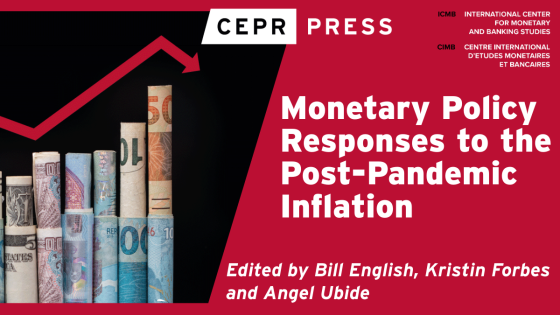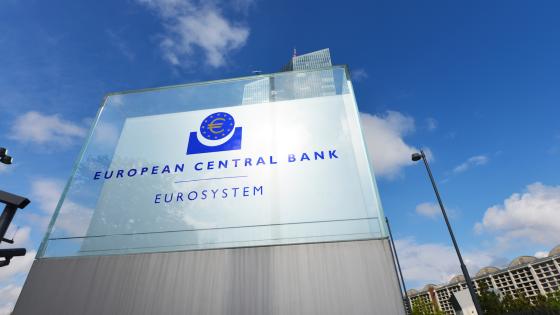DP13499 Quantitative Easing and the Hot Potato Effect: Evidence from Euro Area Banks
We use a bank-level data set to examine the behaviour of central bank reserves in the euro area banking system over the course of the ECB QE programme. Previous research on QE has generally paid little attention to the role of reserve dynamics within the banking system and some have assumed that the system passively absorbs additional reserves generated by asset purchases. However, with a negative deposit rate in place throughout the sample we study, euro area banks have had a disincentive to hold excess reserves and thus could wish to treat them as a “hot potato” that is preferably passed on to other banks. We find evidence for this hot potato effect, reporting substantial month-to-month churn in bank reserves as well as evidence that banks are responding to high reserve balances by pushing them off their balance sheets. Unlike in the traditional money multiplier model, where excess reserves are used in loan creation, banks appear to be primarily managing reserves through debt security purchases. As such, this hot potato effect seems likely to have had an effect on European bond yields that is distinct from the portfolio rebalancing effect emphasised in the QE literature thus far.


